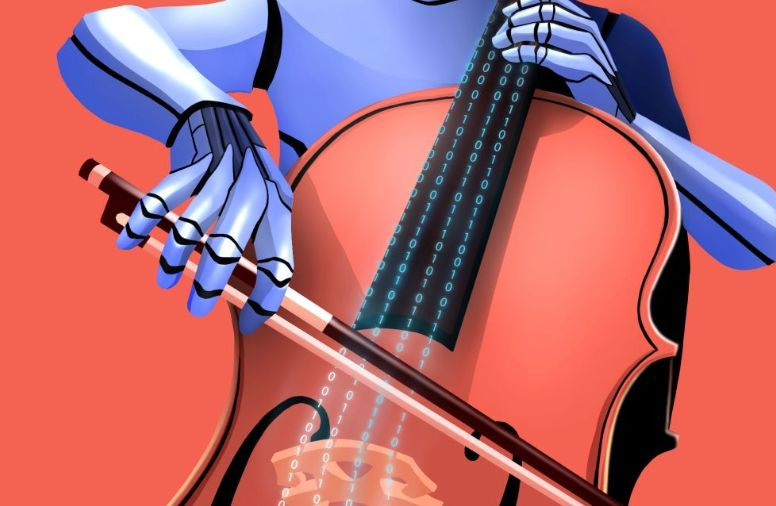The Plight of the Understaffed, Overworked, and Underpaid Healthcare Workers Around the World
- Project Vita
- Oct 17, 2023
- 3 min read
In the past few years alone, the world has been thrown into complete turmoil. Economic recessions, wars, conflicts, legal controversies, constitutional racism, border skirmishes, disturbed international relations, and most notably, a global pandemic that shook the world in a way that hasn’t been seen since the smallpox ages; the COVID-19 pandemic. Millions of lives lost, hundreds of thousands of dead bodies scattered on the roads of cities, families forced to watch the painful and slow but still sudden and unexpected deaths of their loved ones, while everyone turned to their country’s doctors for answers.
Over the 30 months during which the pandemic ran rampant through the streets of every town and city in the world, every country’s backbone was its health service. As patients poured into hospitals with every passing hour, doctors and nurses were required to work days on end wearing stuffy, heavy HAZMAT suits to identify and try to cure every new symptom caused by the completely new and unknown virus that was COVID-19. With thousands of calls and patients pouring into hospitals reporting cases and thousands more paranoid about the virus and simply looking for clarity, saying doctors and nurses worldwide were understaffed and overworked is a complete and utter understatement.
In addition to the torturous working conditions they were forced to endure for months on end and the understaffed nature of almost every country’s medical sector, people were quick to forget that medical professionals were also prone to COVID-19. Throughout the pandemic, an estimated 180,000 healthcare workers are said to have succumbed to the virus. While compared to the almost 7 million deaths that have been reported wide, 180,000 does not seem like much, the impact of these deaths is realised when you take their context into account. Picture the chaos in a healthcare worker’s life as they are forced to work days without a break while they must simultaneously support their own families financially. Imagine the risk they bear every day as they tread the boundaries of the void of death, trying to pull people back up from it while risking their own demise, quite literally doing the work of God; now consider the impact that each death of these ‘soldiers’ would have on their families, their friends, their colleagues, and society in general. Only when such details are analysed would the average man come close to understanding just how integral healthcare workers are to society in general, and the suffering they too were subjected to when the mysterious monster that is COVID-19 knocked on the world’s doorsteps.
However, it does not end there. While everyone has agreed that doctors are vital to the functioning of society for a long time, and COVID-19 proved that in a way that made that fact irrefutable, they are yet to receive any rewards for the altruistic acts that they performed day in and day out. Not only are they overworked and understaffed, but they are also underpaid. In India, for example, the average junior doctor earns an annual income of only 4 lakhs. This means that at a rough monthly income of ~35,000 INR, a junior doctor is expected to pay off student loans he may have taken to pay for the extravagant fees for MBBS courses while balancing the gradually increasing cost of living in the country. In the UK, a country famed for its incredibly high cost of living and education fees of up to 50,000 GBP per year, MBBS doctors earn as low as ~20,000 GBP yearly. These are the same doctors that would have to go on to spend even more money for their specialist and super-specialist training in the future, which leads to the obvious question that is rarely ever asked; how and why are healthcare workers paid such low salaries? How can the same people that all of humanity depends on daily earn barely enough to support a living while also being held responsible for the lives of countless people? Slowly, changes in this system are being made after healthcare workers sparked worldwide protests. However, these changes are still infuriatingly slow, as a matter this significant continues to be neglected by world leaders all over while the selfless, silent soldiers of society that are these healthcare workers continue to slave away, as dedicated as ever, at their jobs with little to nothing to show for it. By: Rian Devaiah




Comments